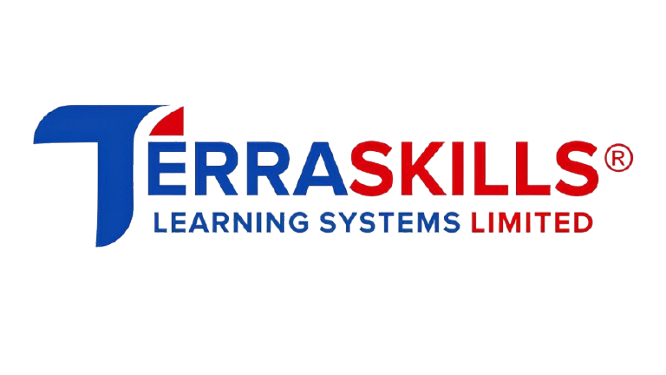The continuous evolution of the workplace not just only indicates that employees become technologically savvy but develop and have the ability to work collaboratively and in teams. However, working with teams determines that each team member knows how to handle themselves, their emotions and understand each other. this is not to say that team members can behave as they like because they want to be accommodated, but that they are not only sensitive to their emotions but that of others, and they must come to terms with the thin line between emotions and achieving goals.
To understand how to get the best out of meetings and to come to better outcomes is to first understand what type of team contributor you are and secondly, to understand yourself is to understand other team members.
The four main personality types as far as team contributors go, are;
Dominants
The dominants are assertive and talkative; with high energy, forceful, they say what they mean, and they aren’t afraid to argue passionately for what they think is right.
Dominants believe so strongly in their opinion that they often argue to be right, rather than arguing for the better solution. This is the part of the dominant that doesn’t help teamwork and deflates team spirit. Hence, needs to be worked upon.
Expressives
The expressive think out loud and talk with their hands. They’re excitable. They vocalize several ideas to decide which one they like best. They ensure their ideas get out no matter what. In this state, they hardly hear other people or consider their points.
Analytical
The analytical think through their ideas before they pitch in. Because of that, the Dominants and Expressives often think the Analytical take too long to say anything. In reality, however, they just have a more internal process. Just as the expressive mumble out their ideas to pick the best one, so does the analytics think through their ideas or the best way to present their ideas.
Amiable
These are the people who try to avoid conflict by passively agreeing with everyone else. The majority of the time, they do agree. However, their inaction means they miss out on opportunities to share their thoughts or express disagreement with what has just been spoken. They frequently depart the meeting with the impression that they were not heard or that their presence was unnecessary.
For this and much more Information relating to employability skills, employment opportunities, career advancement, and entrepreneurship development; Join our Telegram and WhatsApp groups, and also follow us on Instagram, Twitter and Facebook



